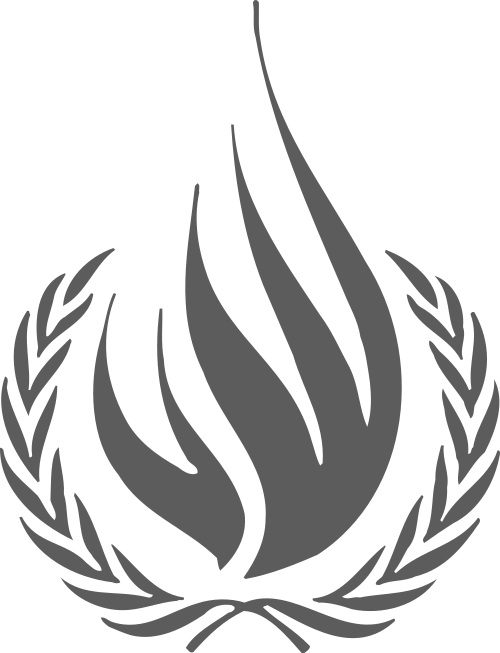Human Rights for All
10 Feb 2019, 7:00
The Universal Declaration of Human Rights, recognized as a moral achievement of humanity, turned seventy years old last December. "All human beings are born free and equal in dignity and rights. They are endowed with reason and conscience and should act towards one another in a spirit of brotherhood" (Article 1). We celebrate this date with faith and hope, but also with an acute affliction caused by the insecurity about the future of our country, with several examples of human rights violations, as well as of indifference and manipulation of data, which also leads to impunity for those responsible.
It is the recognition, protection, and promotion of the human rights of all – and not only of a privileged minority – that define the civilizing and ethical level of a society, of a country. There is no democracy without respect for human rights, just as, in authoritarian regimes, the assurance of rights is limited, if not simply non-existent. Brazil is a signatory country of the 1948 Declaration and of all the covenants, conventions, and treaties that have followed it until today, including the one referring to torture as a crime against humanity. Our Constitution addresses fundamental rights and is the fruit of broad popular mobilization during the Constituent Assembly.
It is this conviction regarding the need for the State and society to be rigorous with the human rights of all that leads us to participate in the Arns Commission, recently created by a group of people with experience in the advocacy field in favor of fundamental rights since, at least, the civil-military dictatorship that started with the coup of 1964. We are lawyers, jurists, journalists, university professors, educators, social scientists, and psychoanalysts, all united in the same purpose: to denounce and monitor serious human rights violations in the country.
Our purpose is ambitious, but we want to work as a network, that is, in partnership with civil society organizations and State agencies whose main function is precisely the defense of citizens, especially the most vulnerable ones: Indigenous people and quilombolas (the descendants of escaped slaves); the people in the peripheries, squeezed between the violence of outlaws and that of the militia and the police; the Black people, especially the Black youth; the LGBT population; the prisoners in our dreadful prison system; the journalists and professors persecuted for their opinions; the victims of tragedies resulting from the greed or from the negligence of the authorities, etc.
Allow me a personal note. When Dom Paulo Evaristo Arns – then archbishop of São Paulo – invited me to join the Justice and Peace Commission, in the middle of the dictatorship in the 1970s, I was moved by the trust deposited in me and fearful that I would not be able to "handle" the work. It was this invitation that made me find the meaning I would give to life and, since then, the defense of human rights and human rights education projects have become my main concern. I have learned a lot from Dom Paulo and I am sure that his presence will be always enlightening us in this new Commission. We may feel fear or insecurity but we will always remember his firm voice telling us: “Courage!”
We currently face, in certain sectors, mistrust, if not contempt, when speaking of human rights. But we are together in this endeavor and we count on the enthusiasm of the younger people who will work in the different areas of the Commission. At 95 years of age, I am happy to see them participating and fighting for a better world. Some may be discouraged considering that this fight for equality, freedom, and solidarity is beautiful, but it is a utopia. But utopia is always on the horizon. I like to remember the poet Mário Quintana: “If things are unattainable... well! That's no reason not to want them. How sad the paths would be if it were not for the magical presence of the stars.” Dom Paulo is our greatest star.